A Conversation with MOPES | Strange Famous Records | #179 HR
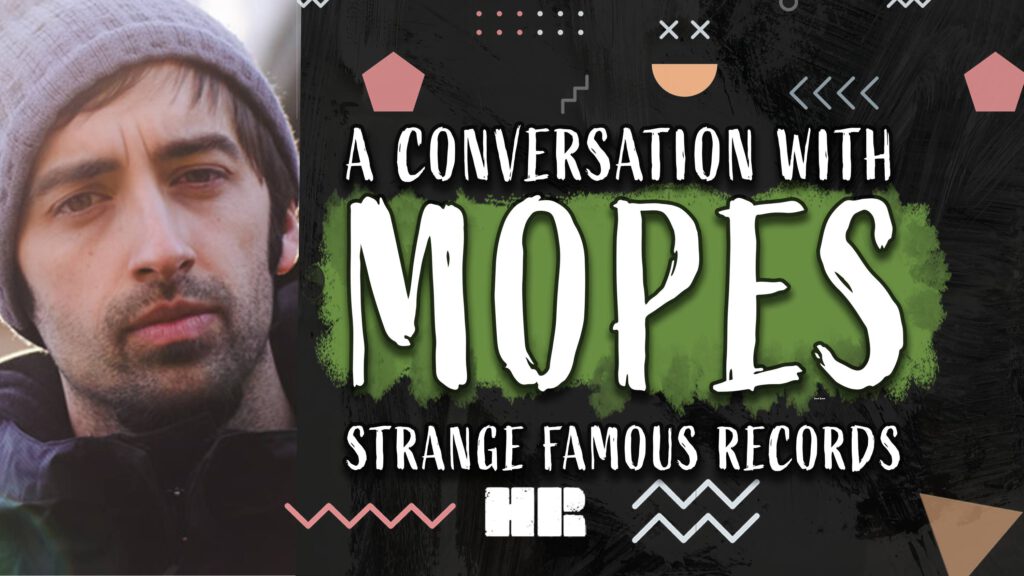
My friend MOPES discusses various aspects of his journey in hip-hop. He talks about how his relationship with Sage Francis started and how he got into the genre. MOPES also shares his experiences with performing on stage, touring, and encountering unexpected situations in different venues. The conversation delves into his latest record, “Ham and Eggers,” which is a collaboration with Trademarc, as well as his approach to producing beats and sampling vinyl records. Additionally, MOPES expresses his appreciation for certain eras of music for sampling purposes, particularly between 1968 and 1976. The discussion concludes with a mention of upcoming projects for MOPES and his record label, Strange Famous Records.
Leslie Van Houten & The Manson Family | Matthew Brockmeyer | #178 HR TRUE CRIME
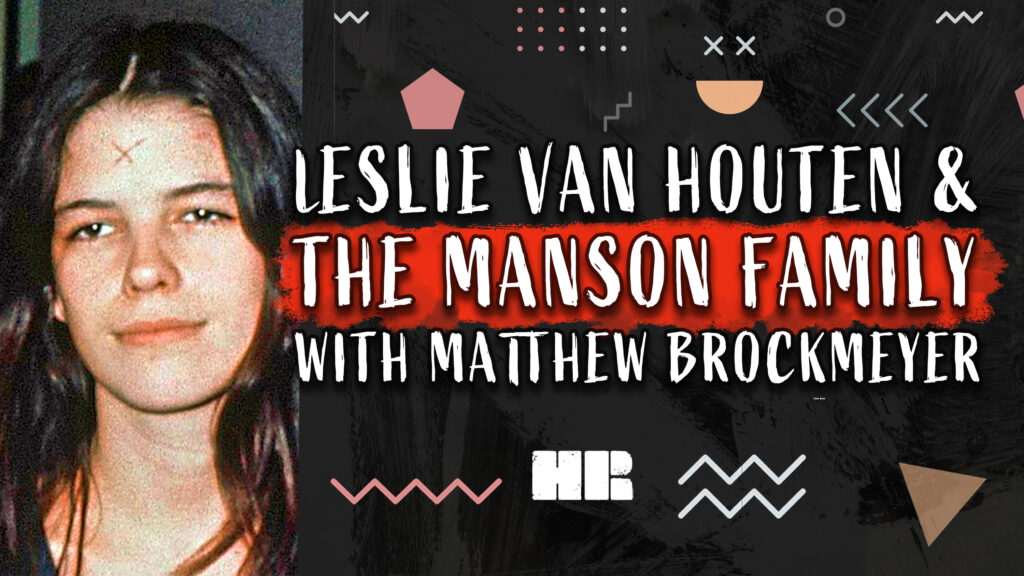
My friend Matthew Brockmeyer discusses the Manson Family and their crimes, focusing on Leslie Van Houten’s involvement and eventual release from prison. It explores the brutality of the LaBianca murders, Susan Atkins’ confession, and the role of other members within the cult. The implications of Van Houten’s marriage to a man allegedly planning her escape are discussed, as well as connections between the Manson Family and the CIA’s MKULTRA program. The video also touches on the influence of psychedelic drugs.
A Conversation about Communism | Professor Jodi Dean Ph.D. | #177 HR
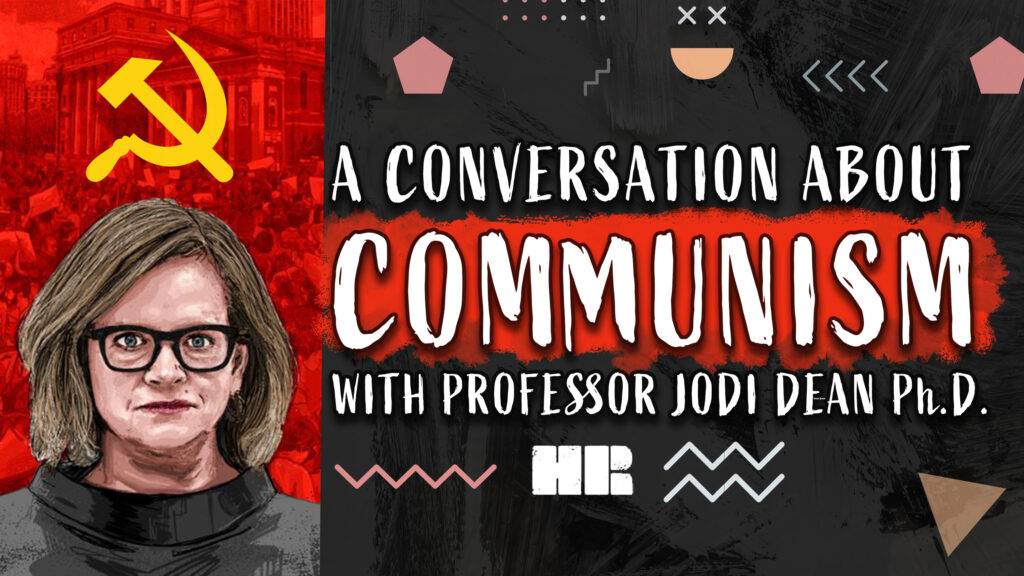
My Friend Professor Jodi Dean explores various aspects of communism, comradeship, capitalism, and neo-feudalism. She emphasizes the importance of comradeship in the communist tradition, highlighting the sacrifices and commitment involved. She also discusses how capitalism undermines the sense of community and collectiveness that communism aims to foster. Professor Dean argues for the compatibility of empathy with communism and addresses concerns about the biological ability to empathize. She further explores the impact of communicative capitalism on democracy, highlighting the erosion of shared meaning and truth. The conversation delves into regulating misinformation on social media platforms, the concept of neo-feudalism, and the issue of arbitration agreements stripping workers of their rights. Professor Dean concludes by discussing the importance of organizing and the challenges faced by the left in the struggle for communism.
A Journey Inside the Mind of Dogs | Clive D. L. Wynne Ph.D. | #176 HR
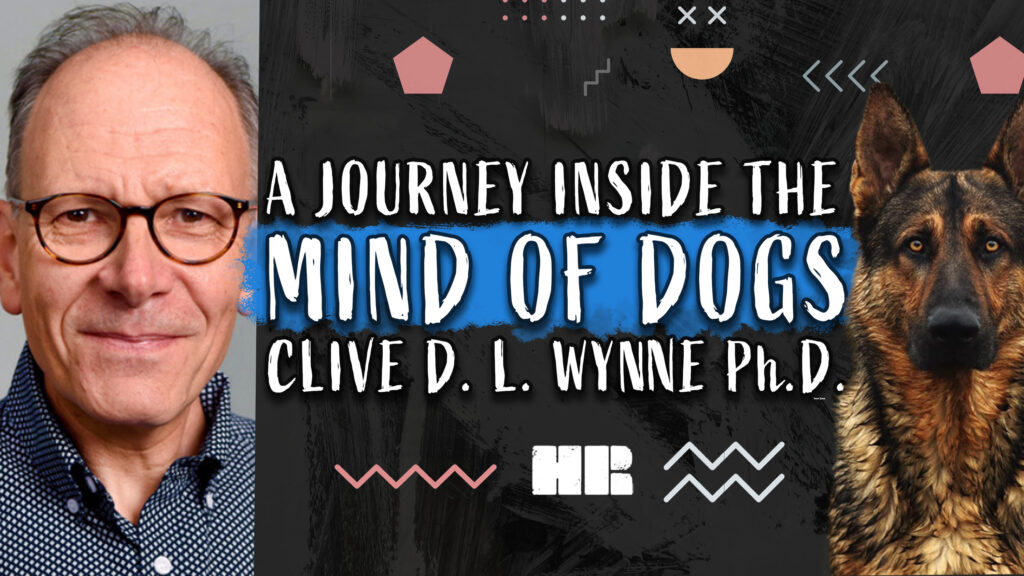
My Friend Clive D. L. Wynne discusses his research on marsupial mammals in Australia, highlighting the cognitive abilities of species like quokkas and fat-tailed dunnarts that are often considered unintelligent. He also emphasizes the importance of early life experiences and socialization in shaping a dog’s behavior and ability to form relationships with humans and other animals. Wynne talks about the motivation and trainability of dogs, debunking the misconception that all dogs are primarily motivated by food rewards. He also explores the fascinating ability of dogs to understand human pointing gestures and shares a study that shows how quickly dogs can learn this skill. Additionally, Wynne underscores the need for responsible dog ownership and advocates for adopting from shelters or reputable sources rather than supporting puppy mills. He discusses the history of the dog-human relationship and the origins of domestication, as well as the role of dogs in the lives of historical figures. Overall, Wynne provides insights into the minds of dogs and challenges common misconceptions surrounding their intelligence and behavior.
Inside The Mind Of A Killer: LORI VALLOW | Matthew Brockmeyer | #175 TRUE CRIME HR
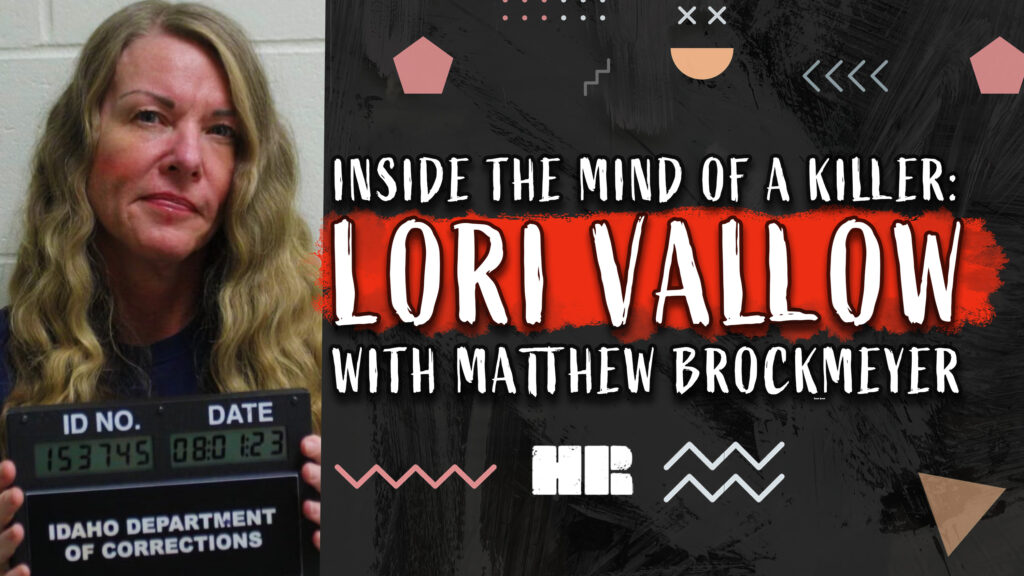
My Friend Matthew Brockmeyer discusses the case of Lori Vallow, a woman involved in a series of disturbing events. He explores her unconventional beliefs, her relationships with Chad Daybell and Charles Valo, and the disappearance of her children. Matthew raises suspicions about Lori’s brother, Alex Cox, being involved in the murders and expresses his disgust towards both him and Lori. He also delves into the question of whether Lori’s religious beliefs should be considered as a factor in her actions.
Artificial Intelligence & The Brain | Dr. Thomas Trappenberg | Neuroscience #171 HR
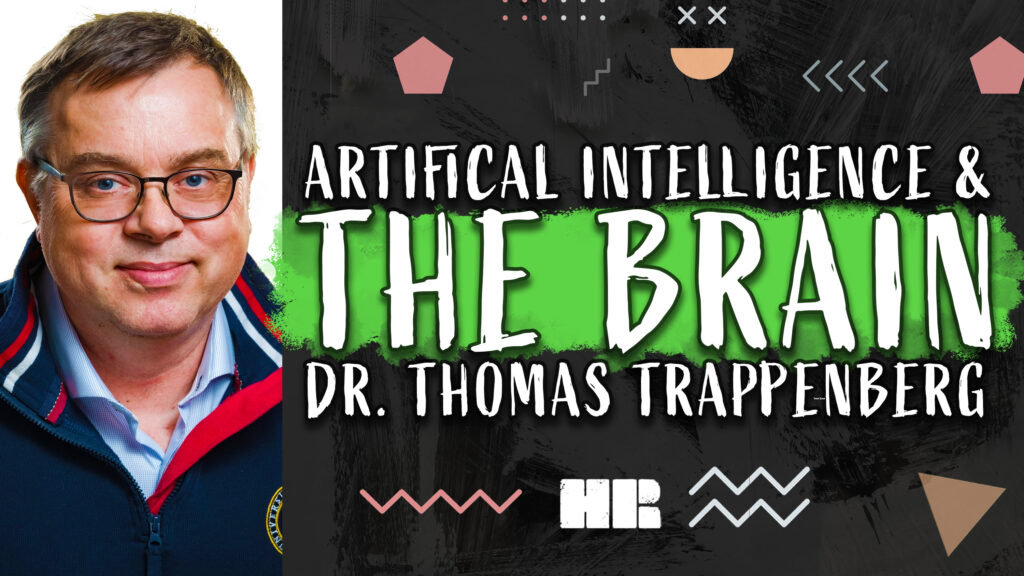
My Friend Dr. Thomas Trappenberg, a computational neuroscience professor, discusses his academic journey and interest in neural networks and computational neuroscience. He highlights the advancements in AI and computational neuroscience, but also acknowledges the complexity of the brain that is yet to be fully understood. He emphasizes the need for a deeper understanding of the brain to truly understand intelligence. Dr. Trappenberg also addresses the challenges and opportunities of AI, emphasizing the importance of responsible and regulated development. He discusses his involvement in politics, advocating for a better electoral system and the use of technology to facilitate decision-making. He also expresses concerns about bias in AI language models and the potential job displacement caused by automation, suggesting alternatives to capitalism. Additionally, he discusses his work in computational neuroscience, focusing on mental illnesses and disorders. He concludes by emphasizing the need for students to be passionate about learning rather than solely focusing on grades.
The Idaho Killer : Bryan Kohberger | Matthew Brockmeyer | #170 TRUE CRIME HR
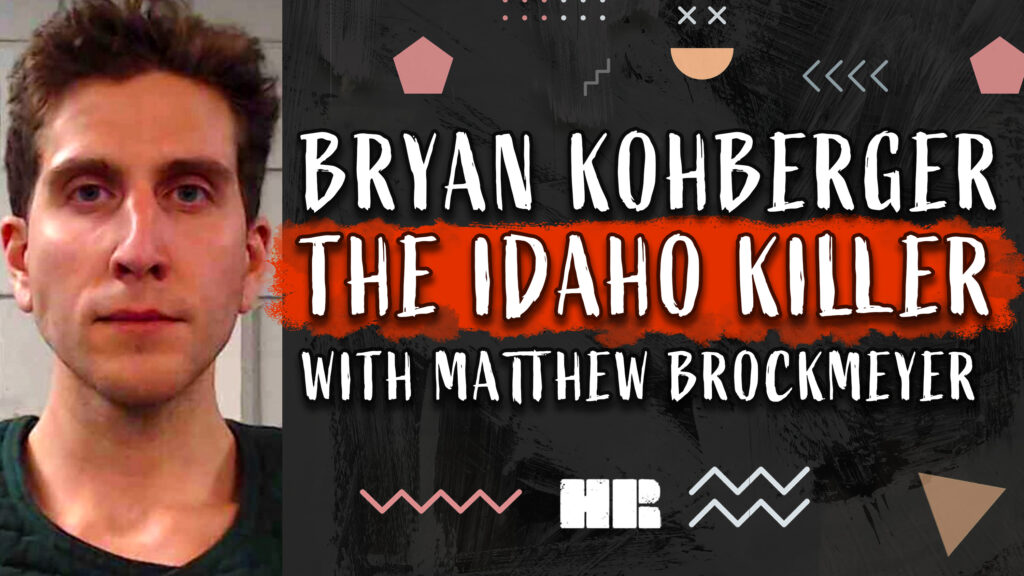
My Friend Matthew Brockmeyer stops by to discuss the case of Bryan Kohberger, the Idaho Killer. We explore the details of the quadruple murder of college students, speculating on possible motives and discussing the killer’s background and behavior. They also touch on the comparisons to other serial killers, the death penalty, and their fascination with true crime. We ends with a mention of the upcoming trial and the potential for a death penalty if Kohberger is found guilty.
Joshua T. Vogelstein | Using Artificial Intelligence in Neuroscience | #169 HR
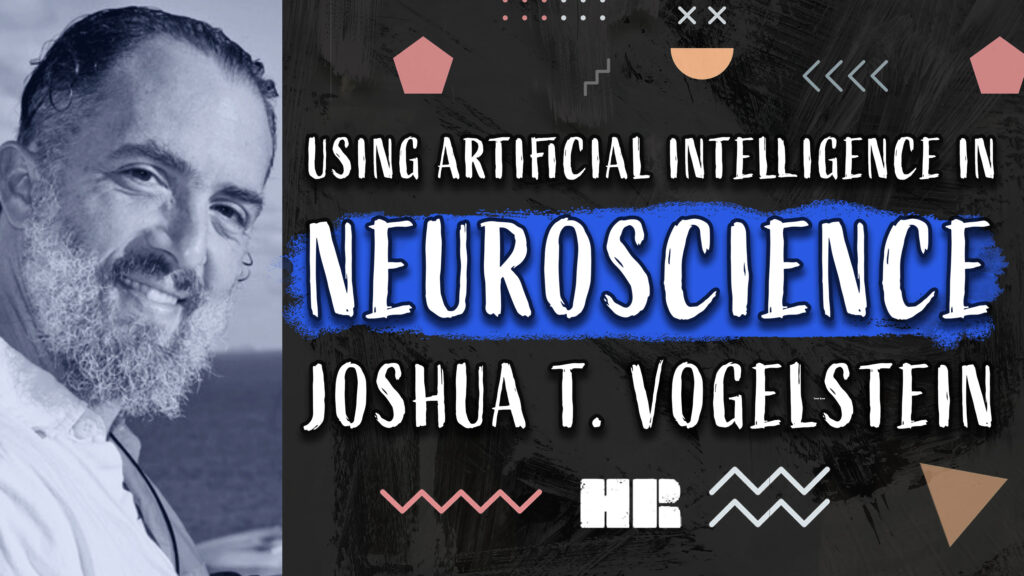
My Friend Joshua T. Vogelstein, a neuroscientist, discusses his journey in neuroscience and his research on the fruit fly brain. He highlights the challenges of analyzing connectome data and emphasizes the importance of integrating the connectome with other aspects of neuroscience to fully understand cognition. He also talks about the ethical implications of using artificial intelligence (AI) and expresses concerns about its potential harms. Vogelstein introduces the concept of organoid intelligence and its role in machine learning pipelines, highlighting the need for further research and development. He also addresses the nature versus nurture debate in shaping the brain’s connectome and emphasizes the importance of asking clear questions in scientific inquiry. The conversation touches on topics like the potential use of hallucinogens in neuroscience studies, the limitations of these studies, and humans’ attraction to change. I have admiration for Vogelstein and his achievements as a neuroscientist and family man.
The Gilgo Beach Serial Killer | Matty Brockmeyer | #168 TRUE CRIME HR

My Friend Matty Brockmeyer stops by to discuss The Gilgo Beach Serial Killer case, which took place on Long Island, New York, involved the targeting and murder of sex workers. The investigation began when Shannon Gilbert, a missing sex worker, was heard pleading for help. Eventually, 11 bodies were discovered, with four linked to a suspect named Rex Heuermann. Heuermann, an architect, was identified through the use of burner phones and his presence at crime scenes. DNA evidence, including a hair found on a piece of burlap, also linked him to the crimes. The serial killer’s disturbing Google search history, interest in violent pornography, and potential mafia involvement were discussed. The possibility of multiple serial killers in the area and the correlation between serial killers and hunting were also explored. Additionally, there was speculation about the potential involvement of Heuermann’s husband in the murders due to his wife’s absence during the crimes.
A Conversation with Sage Francis | Hip Hop Legend | #167 HR
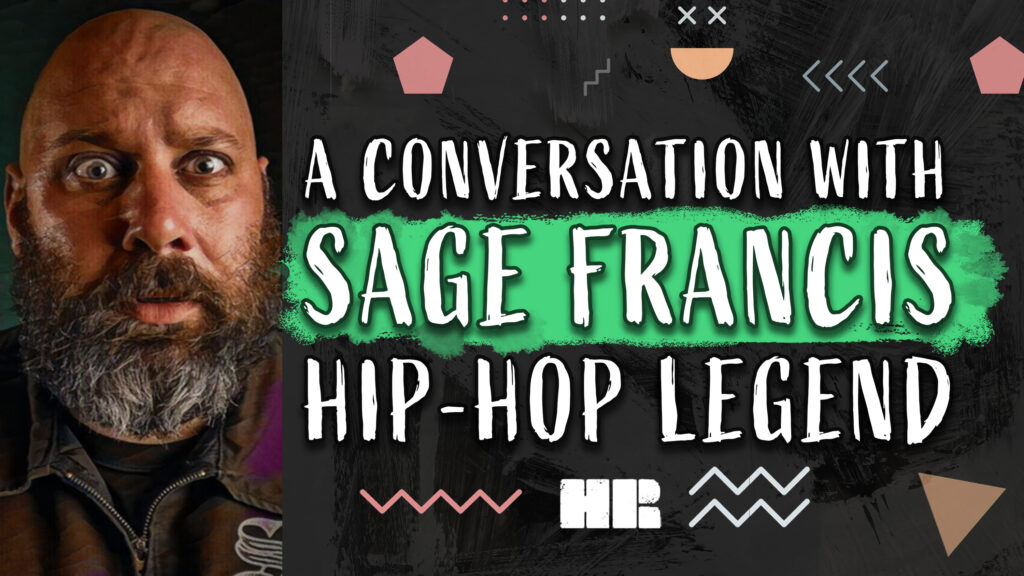
My Friend Sage Francis discusses his experiences touring in Germany and the unique dynamics he encountered with the German audience. He initially felt that the crowd was disengaged and unresponsive, but after his performance, he realized they were just being respectful and showed their appreciation individually. He also mentions that Germany has a strong hip-hop culture and love for graffiti. However, he found it increasingly difficult to promote his shows and engage with fans on social media in Germany due to a lack of social media engagement and the use of different platforms.